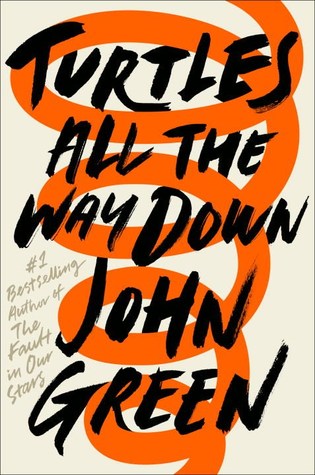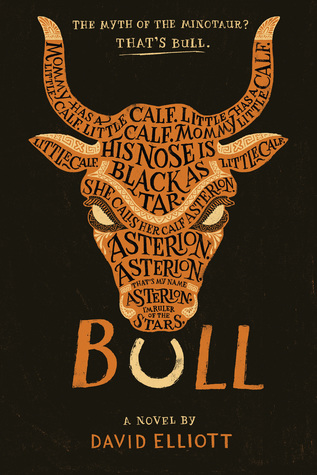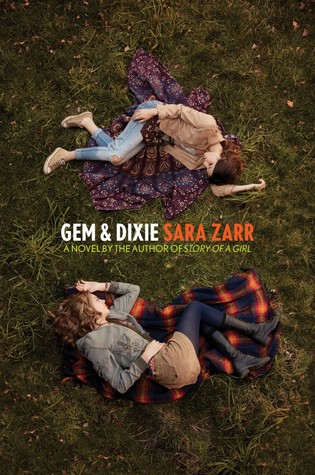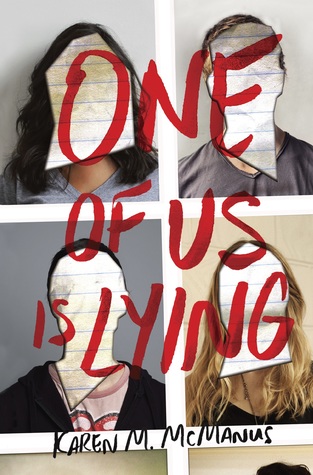“The 57 Bus: A True Story of Two Teenagers and the Crime that Changed Their Lives” (Farrar Straus Giroux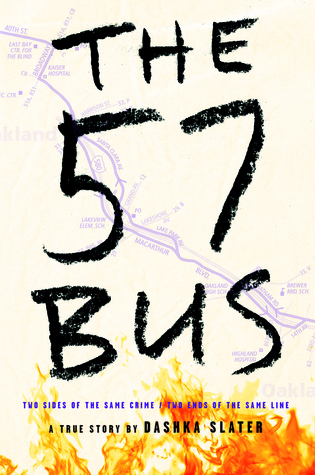 2017) is nonfiction brilliantly pieced together by journalist, Dashka Slater. Using interviews, letters, videos, diaries, social media posts, and public records, she tells the story of the victim, Sasha, who is white, affluent, brainy, agender—that is, doesn’t identify as any gender—and attends a private high school.
2017) is nonfiction brilliantly pieced together by journalist, Dashka Slater. Using interviews, letters, videos, diaries, social media posts, and public records, she tells the story of the victim, Sasha, who is white, affluent, brainy, agender—that is, doesn’t identify as any gender—and attends a private high school.
The perpetrator is the understandably naïve, black, ghetto-raised Richard, who attends a huge public high school. He didn’t know that he shouldn’t speak to the police without a lawyer or even an adult present. Slater tells us that 90% of youth do the same. Richard says—or might even have been coerced—into saying things, which make officials consider this a “bias crime” or a “hate crime.”
When the reader gets the whole story, derived from bystanders and friends on the 57 bus, it looks more like one teen impressing his cohorts—not necessarily “hate.” After all, Richard had sought out help from a counselor at school to pull himself out of a spiral that takes so many black youth into a life of crime. He’s a nice kid. He has a mother who might be overwrought but she cares deeply.
The gender and sexuality glossary starting on page 33 is enlightening. Agender Sasha has asked to be described as “they” or “them.” The author, in solidarity, complies. She says you get used to it. Thank heavens “they” was used only in Sasha’s short chapters, because I had a hard time translating the plural to the singular. Some gender fluid people prefer the new pronoun, “ze” or “xe,” which I wish would catch on.
The author describes scientific research and brain development during adolescence. During puberty the brain lines neural pathways with a fatty sheath—myelin—“making them about a hundred times faster than unmyelinated circuits.” The adolescent limbic system becomes more sensitive to things in the environment and sends an emotional response: “Avoid! Investigate! Eat! Fight! Flirt!” The pre frontal cortex controls reason, planning, and deliberation. She says, “ . . . while teenage emotions have gone into hyperdrive, reason and logic is still obeying the speed limit.”
She says juvenile justice studies find “that around the world antisocial behavior increases by a factor of ten during adolescence and then begins to taper off as people reach their early twenties.” Not just in America, not just one the California Bay Area, where this story takes place, but “around the world.” This is the nature of adolescence.
We get to know the families of both Sasha and Richard. They go through waves of emotions, but both sets of parents are good. They’re trying.
This highly-researched well-written cautionary tale invites empathy, provokes discussion, and ultimately gives one faith in humanity.
Patricia Hruby Powell is author of the young adult documentary novel Loving vs. Virginia and Josephine: The Dazzling Life of Joseph

